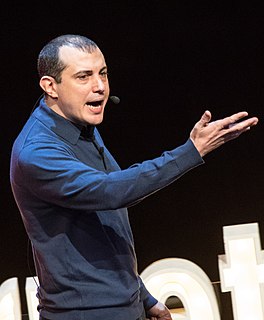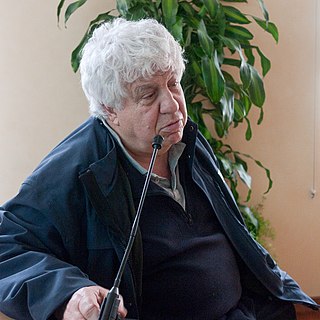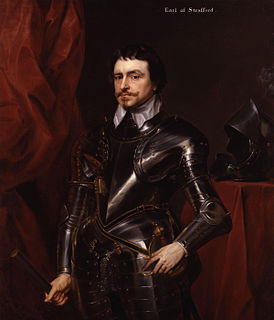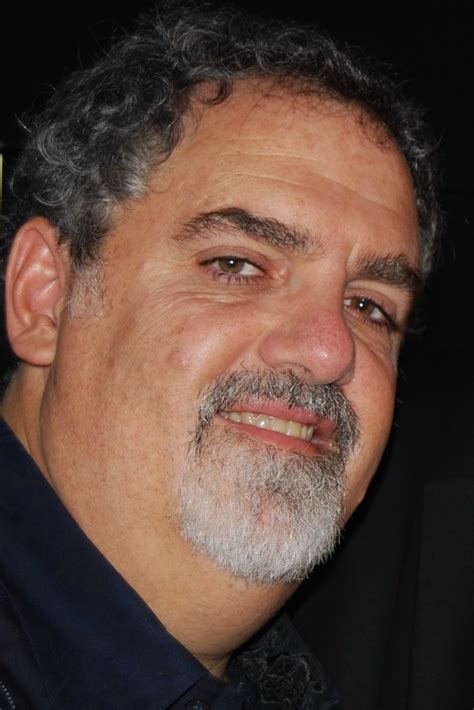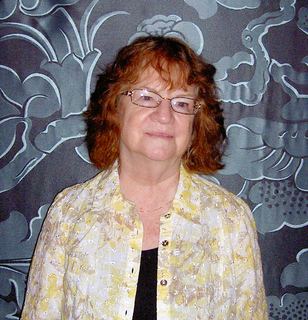A Quote by Lawrence Ferlinghetti
Constantly risking absurdity and death whenever he performs above the heads of his audience, the poet, like an acrobat, climbs on rhyme to a high wire of his own making.
Related Quotes
As he walks away on his own two feet--the toddler's body-mind has reached its moment of perfection. The world is his and he the mighty conqueror of all he beholds.... As long as mother sticks around in the wings, the mighty acrobat confidently performs his trick of twirling in circles, walking on tiptoe, jumping, climbing, staring, naming. He is joyous, filled with his grandeur and wondrous omnipotence.
Essentially, not only do we believe in this myth of 'de-risking', but it has become the one overriding goal; de-risking above growth, de-risking above innovation, de-risking above everything else. And we've reached the point where the Fed is using $70 Billion a month to 'de-risk' a largely insolvent banking system. And this can only end badly. The idea that you can do capitalism without risk is ridiculous on its face.
Branches grew from his hands, his hair. His thoughts tangled like roots in the ground. He strained upward. Pitch ran like tears down his back. His name formed his core; ring upon ring of silence built around it. His face rose high above the forests. Gripped to earth, bending to the wind's fury, he disappeared within himself, behind the hard, wind-scrolled shield of his experiences.




